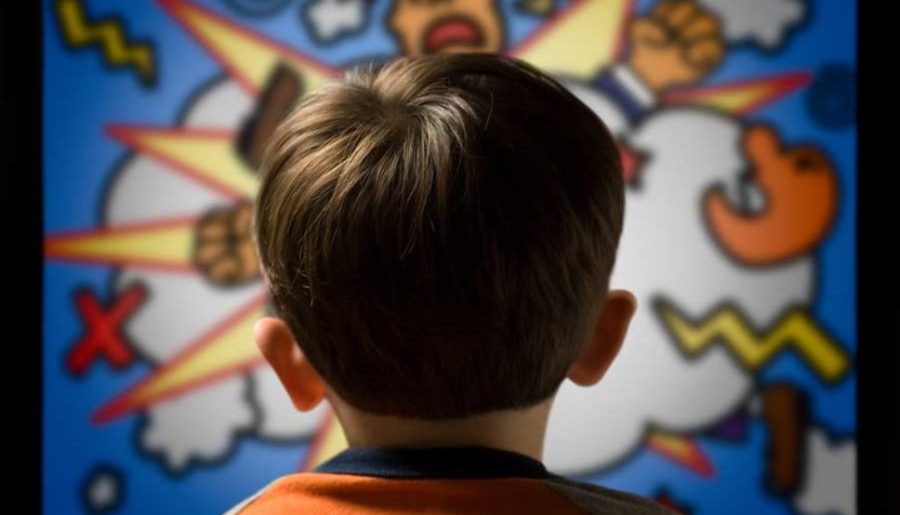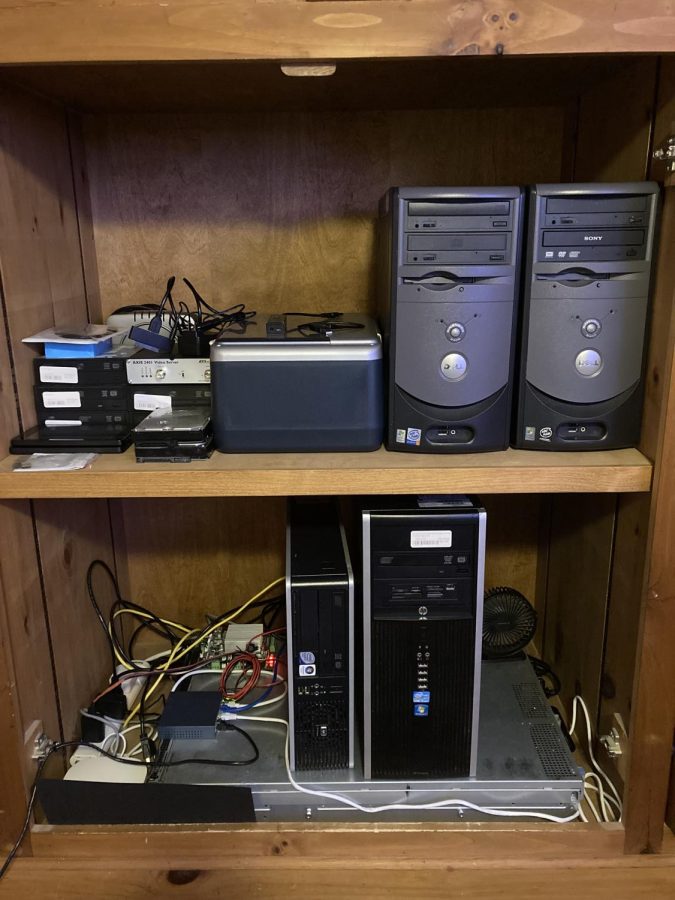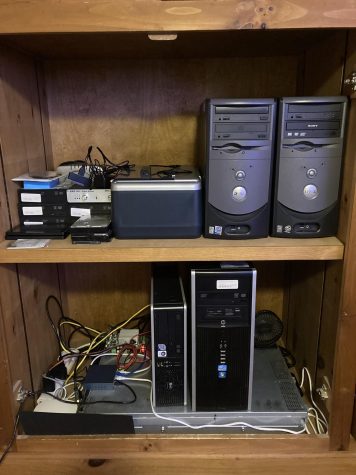Homelessness in America
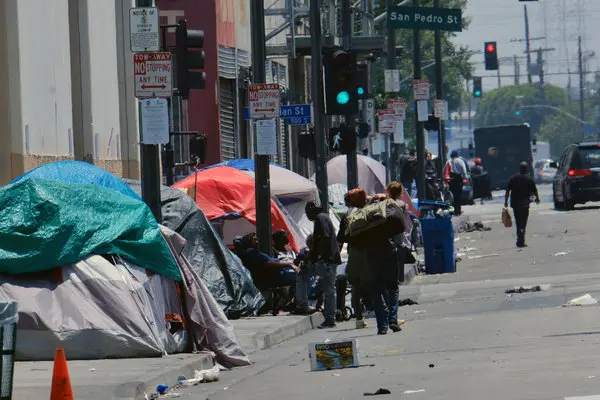
To be successful in America today, there is one factor that is more influential and important than any other, money. Money is power. Money is necessary for survival in today’s society. They say money can’t buy happiness, but you won’t be happy for long without it.
America has always been known for our money. But, according to Kent Koppelman in his book Understanding Human Differences, he states that “Despite having the largest economy of the world’s 15 industrial nations, we are ranked 34 on child poverty”. If America is so strong, advanced, and rich, why are 100 million Americans living below or near the poverty line? This makes up ⅓ of our population.
Homelessness is almost always a direct result of poverty, and it has become increasingly easier to become homeless in America. There are a few major causes of homelessness Poverty, lack of employment opportunities, lack of affordable housing, and other/outside factors, these can include addiction, mental illness, domestic violence, etc. According to the National Coalition for the Homeless, “ Modern homelessness, as we know it today, began in the 1970s. During the Reagan Administration, affordable housing dollars were cut but almost 75%”, without affordable housing, people were forced to live where they could, the streets. Looking at housing pricing information the NCH, states affording a two-bed rental home costs $13 an hour MORE than the minimum wage. 42 percent of Americans make less than $15 an hour. At the minimum wage in Wisconsin, someone would have to work 102 hours a week to afford a 2-bedroom home.
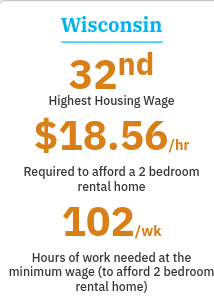
There are three kinds of homelessness, episodic, transitional, and chronic. People who fall under episodic homelessness are usually younger and chronically unemployed. Transitional homelessness is usually the result of an outside event or circumstance. Chronically homeless people tend to be older, long-term/permanently homeless, and often have disabilities, mental illnesses, or issues like substance abuse, etc.
It is well known that despite our constitution, not everyone is made equal in America. There are factors that make someone more or less susceptible to homelessness and poverty. Contributing factors include; wealth, income, job prestige, schooling, ancestry, and race and ethnicity.
All of these factors are interconnected and affect each other. For example, if a family has historically had lower status/lower paying jobs, their income and wealth will be lower. As a result, their children’s schooling might be of less quality than a family with higher job prestige.
Race and ethnicity can also be a factor that affects someone’s economic status. The economic disparities between white individuals and minorities have been built on the legacy of discrimination and prejudice in America. Many institutional and social boundaries exist for marginalized individuals, some more obvious than others. For example, the median income for Hispanic families was only 58% of that of white families. According to the US Bureau of Labor Statistics, in 2014, it was found that black teenagers had a 33.4% unemployment rate, Hispanic teenagers at 23.8%, compared to their white counterparts with an 18.9% unemployment rate. These patterns stay true in the issue of housing as well, 75% of white families own a home, but only 47% of black families do.
Approaching homelessness as an issue is a little tricky, many of the solutions that have been come up with only provide resources externally. These are called Band-Aid Solutions, with so many people with so little to go around, Band-Aid Solutions are rarely effective. They ignore the root of the issue, so nothing is permanently accomplished. For example, handing out food, and supplies, and providing temporary shelters are all valiant efforts that make positive changes in people’s lives and address the immediate needs of the homeless community. Without addressing the larger causes of homelessness, and the economic system that perpetuates It, these efforts will only provide temporary relief. Something large-scale would be creating a national minimum wage of $15. It is actually economically advantageous to raise wages, if a third of the population is too poor to buy anything other than rent and food, they won’t stimulate the economy by buying more goods and services.
Homelessness is a disease infecting our entire society. From housing to wages, it isn’t easy to survive in this competitive world. Solutions have to be well-organized and large-scale. It is important to give support in a variety of ways, including; voting for officials who support these issues, joining groups and organizations that aim to end homelessness, donating money, etc. Supporting these efforts that aim to really change the system to end the issue. Ending homelessness is important and necessary for a healthy society.
Your donation will support the student journalists of Point of Discovery School. Your contribution will allow us to purchase equipment and cover our annual website hosting costs.

Rowen is a girl boss! She’s always out in nature or doing some type of art, she is a creative and bright person. Rowen has amazing style and great taste...





